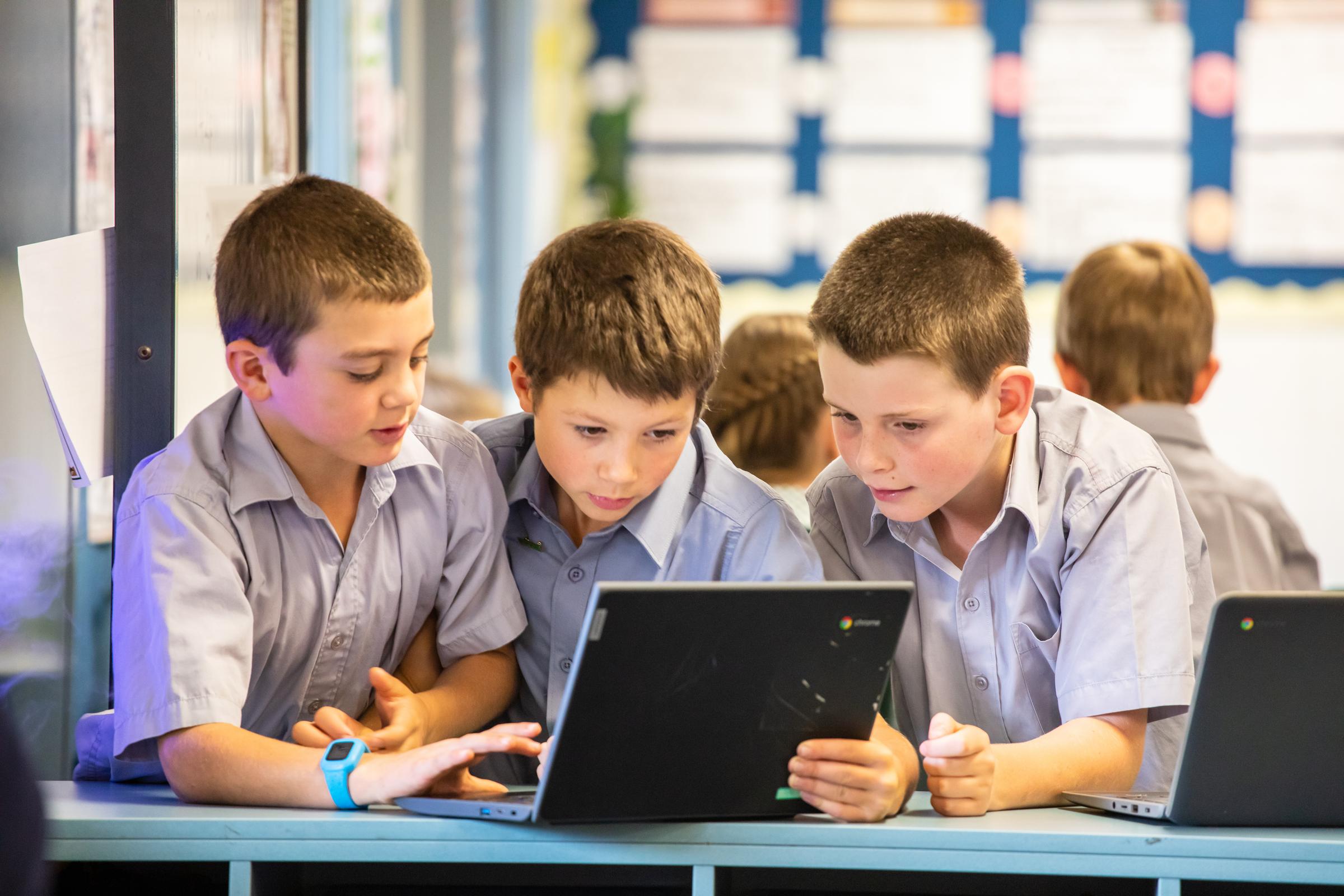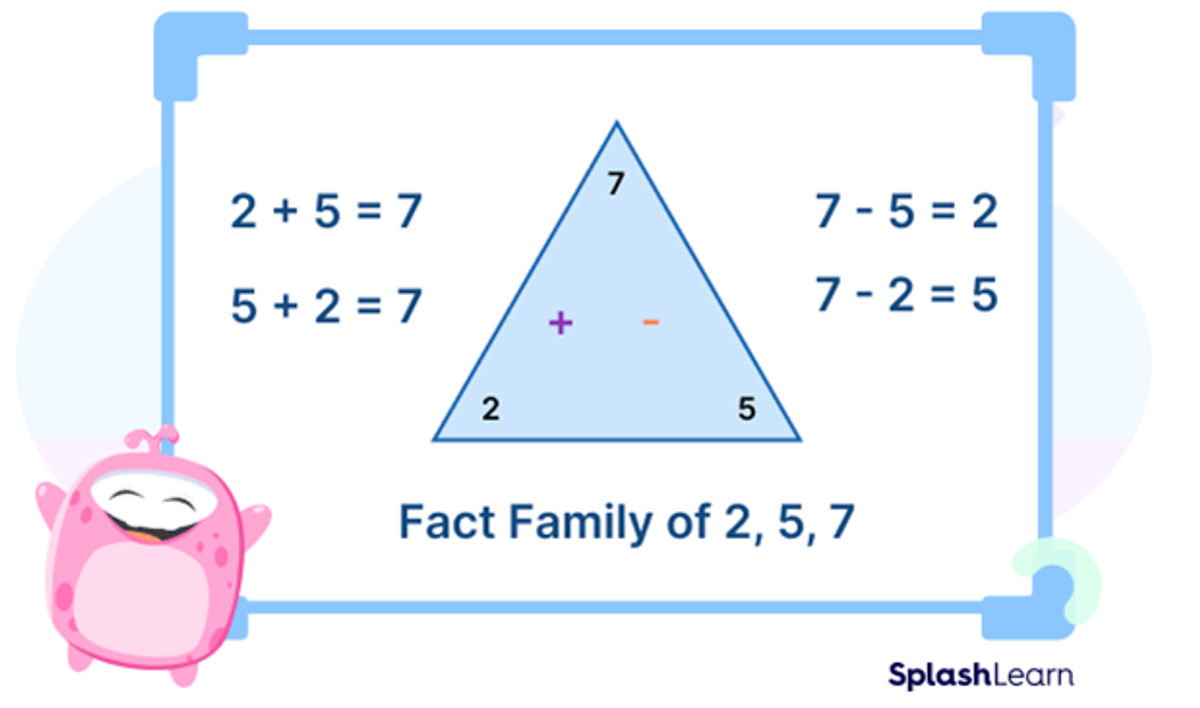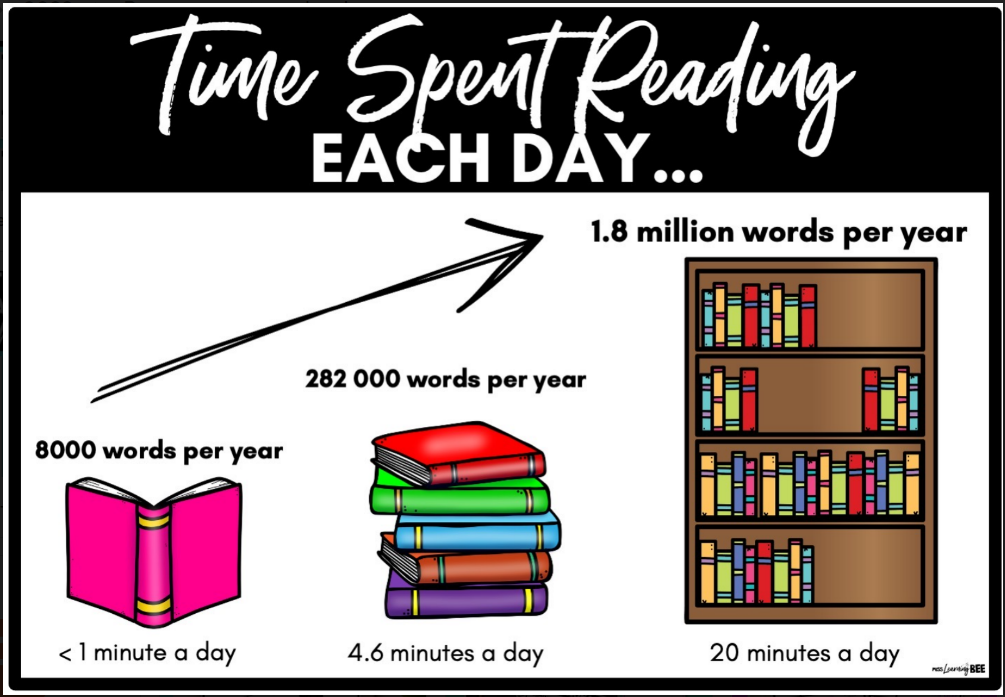A Look at Learning

Year 5/6 Learning
This term year 5/6 have been exploring the world of poetry. In our Big Writes we have been working to create a anthology of poems on various topics. We would love to share some of our work with you.
There once was a silly old chook
That once got caught by a cook
The cook put her in a pot
Then the cook served her hot
That silly but delicious chook
By Baxter
There was a chook from Rome,
Who would never come Home,
One day she met a Fox,
Who ate her in a Box,
That silly old chook from Rome.
By Darcy
Oh Guyra
You are the best town out of all.
Quiet as a fish in tank.
When I think of you, you make me feel better.
My heart smiles when I go to Guyra.
Good and fun and my soul.
Oh How I adore you so much
By Zac
Fiji
A far away trip to the jaw-dropping islands
The complete opposite of our gorgeous drylands
The choirs of the ocean hum at its beauty
As waves of love flood your duty
You are mesmerizing to the heart
Like newly placed paint now classified as art
Your freshness like the new gliding breeze
Your weather burns to like 100 degrees
Locals recall you as paradise
As long as they don’t feed me too much rice!
You are the place place for all
As long as you are warmer than Nepal!!!
By Ellie
Hawaii
Magical, Extraordinary
Swimming, Relaxing, Hiking
Beach, Surfboard, Dirt road, Slang
Stunning, Fishing, Shearing
Hot, Cold
Australia
By Khloe
Trees
Important, tall
Living, twirling, growing
Leaves, bark, petals, nectar
Swaing, inspiring, falling
Pretty, colourful
Flowers
By Bella
End of Year Assessments
With the end of the school year coming to a close, our students have completed testing for PM reading benchmarks and also other formalised testing including PAT Maths and Reading Assessments to assess their learning progress for the year. These assessments are completed across the diocese and are good tools to inform future teaching and planning.
End of year reports will be written over the coming weeks, however, if you would like to discuss your child's performance please contact the class teacher.
Our students' aspirational PM Reading Benchmark targets for each grade at the end of each school year are as follows:
- Kindergarten - Level 8
- Year 1 - Level 15
- Year 2 - Level 22
- Year 3 - Level 30
- Year 4-6 - Level 30 and above
Classroom teachers use many other forms of assessment to determine your child's growth and understanding of the content and skills covered throughout the Semester.
Tips for Kindergarten Parents:
Multiplication & Grouping:
Putting objects together in equal groups helps children to understand early multiplication. Encourage your child to move objects to create equal groups. There are lots of opportunities to make and show equal groups in everyday life. Think about events when sharing is needed and ask your child to help you create equal groups.
• Sharing equal amounts of food
• Baking biscuits or cupcakes where the mixture is shared equally
• Building 2 Lego towers the same height
• Giving equal amounts of time to play with a toy
• Organising your toys into equal groups.
• Sharing out cards for a card game
One of the best ways to explore equal groups is to make unequal groups and problem solve together how
to make them equal.
Tips for Year 1/2 Parents:
Fact Families and Addition & Subtraction Facts
Recently your child has been learning about Fact Families. What is a fact family? Fact families are usually represented in the form of a triangle, as shown in the below image. The three numbers forming the fact family are written in the three corners (near the vertices) of the triangle.
The operation’s sign connecting the three numbers is usually written in the middle. For the addition fact family, the sum of the numbers is usually written at the top vertex, and the numbers being added are written at the vertices at the bottom.
Take a look at the fact family triangle with fact family numbers 2, 5, 7.
Fact families are vital to understanding complex math operations.
One of the reasons fact families are so important is because they help children learn their addition and subtraction facts. When children first learn these facts, it can be difficult to keep track of all the combinations. However, by grouping them into fact families, children can more easily see the relationships between the different facts.
A fact family is made up of three numbers and can be made up of at least four math facts. For example, if a child knows that 3 + 4 = 7 then they can also deduce that 4 + 3 = 7 and 7 – 4 = 3 and 7 – 3 = 4.
You can see that each number bond fact is related to two other facts in the family. In other words, they share two of the same numbers.
Subtraction can be especially difficult for some students than addition, but fact families can often help. Overall, fact families can be a helpful way for children to remember their facts, especially in the early stages of learning them.
Mass:
Mass and weight are different as weight is a force created from the gravitational attraction to the Earth's centre.
Weight is the force acting on an object, weight can change depending on the gravitational force, for example you would weigh less on the moon as the gravity is weaker there, however your mass remains the same.
- Ask your child to look around at home and find objects that they would describe as being light. Once they have a collection of "lights" you could ask them to find objects that they would describe as heavy.
- Discuss the mass of items from your shopping as you put them away. Ask “Is this tin of tuna lighter or heavier than this bag of sugar?” Use words that describe the mass of objects when you are engaging in daily family activities, e.g. “Your school bag is heavy today because you have that heavy book in it.”
- Measure the weights of ingredients with your children when baking.
Thanks heaps
Tiffany Ahumada
SORA
Please remember that all students have access to SORA, our digital library platform. Simply access the website Here.
- ACEN Member Collection
or select
- I have a setup code (at the bottom of the screen)
YOUR SETUP CODE IS: CENETAU
You will be prompted to:
- Sign into your school
- Select ACEN Member Collection from the drop down menu.
- Log in using your own personal username and password
Username: is your school email address
Password: is the same password that you use to log into your Chromebooks every day at school!

